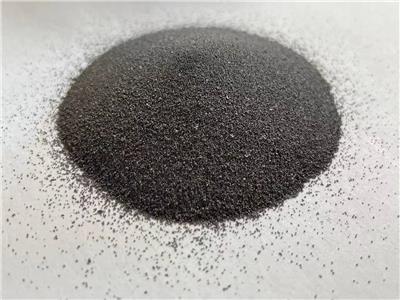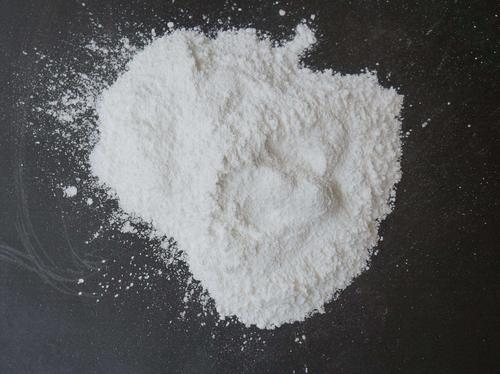**Acetone vs. Powder Coated Metal: A Chemical Showdown**
(Will Acetone Damage Powder Coated Metal)
You’ve got a powder-coated bike frame, car rims, or maybe a slick metal patio set. Life happens. Stickers leave glue. Grease sticks. Paint splatters. You grab a rag and a bottle of acetone—the same stuff that zaps nail polish. But wait. Will that acetone ruin your powder-coated pride and joy? Let’s break it down.
First, what’s powder coating? Think of it as armor for metal. Instead of liquid paint, a dry powder is sprayed onto surfaces. Heat bakes it into a tough, glossy shell. It resists scratches, UV rays, and rust better than regular paint. That’s why it’s everywhere—from kitchen appliances to industrial machinery.
Now, acetone. This stuff is a powerhouse solvent. It eats through glue, grease, and even some plastics. It’s cheap, fast, and easy. But solvents can be tricky. Some play nice with coatings. Others? Not so much.
Powder coatings are tough, but they’re not invincible. Acetone is aggressive. If you pour it on a powder-coated surface and let it sit, things get risky. Short contact? Probably fine. Wipe a small spill quickly, and no harm done. But soak a rag in acetone, scrub hard, or leave it dripping wet? That’s pushing luck. Over time, acetone can dull the finish, soften the coating, or even strip it off.
Why? Chemistry. Acetone breaks down organic compounds. Many powder coatings include resins and polymers—organic materials. Acetone doesn’t care. It’ll start dissolving those bonds, especially if the coating is thin or poorly applied. Ever seen acetone melt a Styrofoam cup? It’s kinda like that, but slower.
Real-world tests show mixed results. A quick wipe with acetone on a sturdy coating might leave no trace. But older coatings, cheap jobs, or decorative finishes? Riskier. Colors might fade. Gloss could turn matte. Worst case, you get sticky residue or peeling.
What’s the fix? Play it safe. Use mild soap and water first. For sticky messes, try rubbing alcohol. It’s gentler. If acetone is your only option, dampen the cloth—don’t drown it. Test a hidden spot first. Rub gently. Rinse immediately with water. Dry thoroughly.
Accidents happen. Spilled acetone on your powder-coated desk? Don’t panic. Blot it fast. The longer it sits, the deeper it seeps. Once it’s gone, check for damage. If the coating looks hazy, a car wax or polish might buff it out.
Some say acetone is fine. Others swear it’s a death sentence. Truth? It depends. How strong is the coating? How fresh? How much acetone? How long? Variables matter.
Want a pro tip? Check with the coating manufacturer. They know their product’s limits. No info? Assume acetone is a last resort. Better to baby the coating than gamble.
Powder coating isn’t cheap. Replacing it costs time and money. Acetone is a quick fix with hidden risks. Weigh the stakes. That garage sale sticker glue might not be worth the acetone experiment.
(Will Acetone Damage Powder Coated Metal)
Bottom line: Acetone *can* damage powder-coated metal. Not always. Not instantly. But why risk it? Use gentler cleaners first. Save the heavy artillery for true emergencies. Your powder-coated treasures will thank you.
Inquiry us
if you want to want to know more, please feel free to contact us. (nanotrun@yahoo.com)


